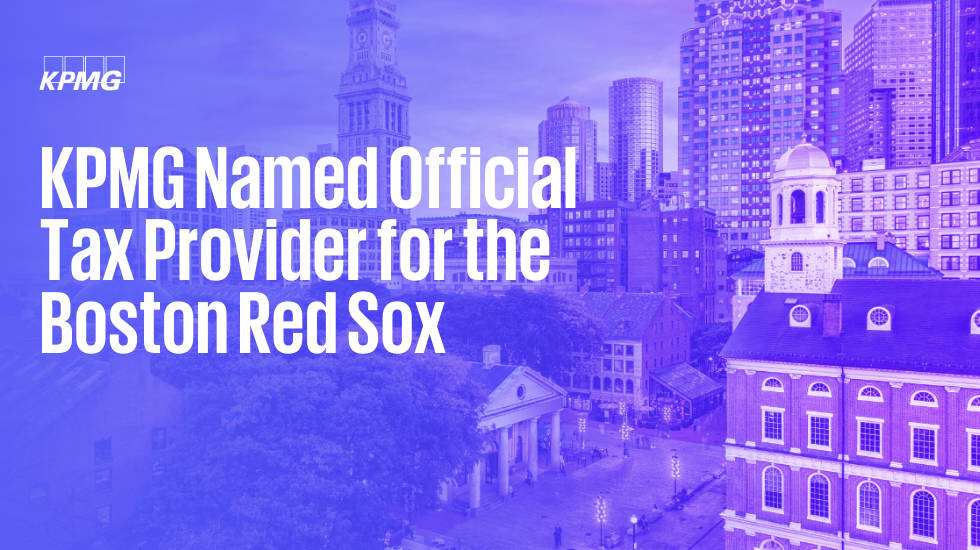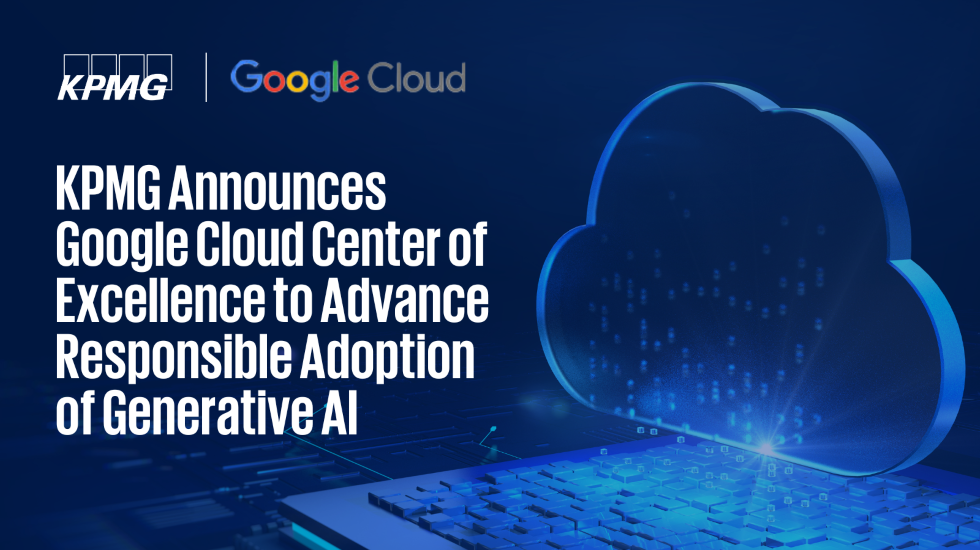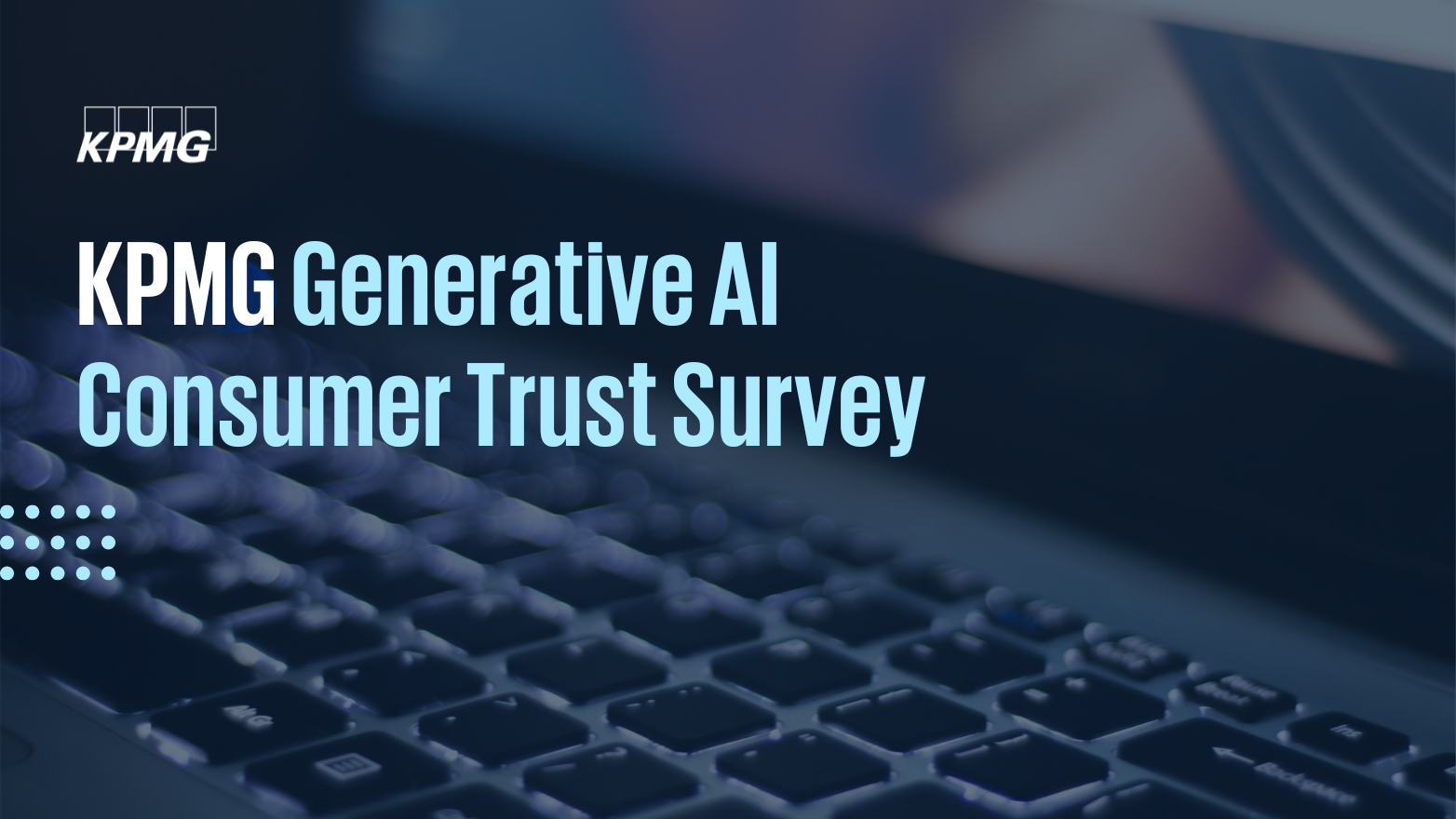New Index from ASCM and KPMG Finds Supply Chain Stability Improving Despite Ongoing Challenges
Index provides insights for sustainable and agile supply chain management

CHICAGO — April 9, 2024 — The Association for Supply Chain Management (ASCM) and KPMG LLP today released the latest findings from the KPMG Supply Chain Stability Index, which is designed to help supply chain professionals understand the stability of U.S. operations, and serve as a barometer for the greater global supply chain community. The Index found that 2023 was a year of tremendous improvement and increased supply chain stability overall, with several variables still driving continued fragility.
The KPMG Supply Chain Stability Index, in association with ASCM, suggests a complete return to pre-pandemic normalcy remains unlikely in 2024. Factors that have contributed to recent instability include cross-border patrol closures between U.S. and Mexico trade corridors and rising conflicts leading to commercial ship attacks in the Red Sea. However, there are also positive signs including greater nearshoring efforts in Mexico and Canada, reducing reliance on other regions. Additionally, thanks to traditional response tactics combined with the strength built up during the pandemic, the supply chain impact of the recent Key Bridge collapse in Baltimore won’t be as intense as initially thought.
"While supply chain challenges do persist, the overall return to increased levels of stability is a testament to the incredible efforts of countless supply chain professionals,” said ASCM CEO Abe Eshkenazi, CSCP, CPA, CAE. “The Index continues to confirm that people make all the difference. We must continue cultivating supply chain talent to mitigate disruptions, build resiliency and drive growth.”
“Geopolitical factors have posed risks to the logistics sector, leading to disruptions in distribution, transportation, and capacity,” said Brian Higgins, Principal, Customer and Operations, KPMG LLP. “It is important to continuously monitor and adapt to the complex geopolitical landscape, as well as pay close attention to emerging technologies, such as generative AI, that are critical in the future success of supply chain management.”
Jim Lee, Supply Chain AI Leader at KPMG LLP, said, “Even though the Supply Chain Stability Index shows a reduction in operations instability throughout the year, there are still challenges such as cross-border patrol closures and conflicts leading to commercial ship attacks. While a complete return to pre-pandemic normalcy in 2024 is unlikely, there are positive developments such as the comeback of just-in-time inventory strategies and a slight easing of competition for talent in the labor market. However, the logistics sector still faces significant challenges due to geopolitical factors and volume fluctuations. It is important for supply chains to remain vigilant and adopt resilient strategies for continued progress.”
Moving forward, the adoption of best practices, leveraging digital technology, and developing workforce skills will distinguish leading companies from their counterparts. These areas merit special attention:
- Inventory optimization: Inventory levels, inflated during the pandemic, are now strategically decreasing throughout the supply chain, indicating a shift toward optimized inventory management. Purposeful efforts across all nodes in the supply chain are leading to improvements in inventory.
- Automation and the future of labor: The competition for talent, notably for entry-level roles across the entire supply chain, persists, albeit with a slight alleviation from previous intensity. Lower unemployment rates and increased automation adoption are key factors contributing to this evolving trend.
- Ongoing logistics challenges: Geopolitical tensions persist, disrupting the global movement of goods, notably impacting ocean freight, especially between Asia and the European Union, and to a lesser degree, the United States. These factors underscore ongoing residual risks within the sector.
"As we navigate the complexities of modern supply chains, having actionable insights is paramount and this Index helps shed light on risks that remain as well as areas of progression. For example, we’re now seeing just-in-time inventory strategies making a comeback and the competitive talent market beginning to ease, thanks to the effective use of technology," said ASCM Executive Vice President of Strategy and Alliances Douglas Kent. “We must continue to leverage data to monitor and adapt to the complex and ever-evolving supply chain landscape.”
To learn more about the Supply Chain Stability Index, and to sign up to receive future reports, please visit this page.
###
About KPMG LLP
KPMG LLP is the U.S. firm of the KPMG global organization of independent professional services firms providing audit, tax and advisory services. The KPMG global organization operates in 143 countries and territories and has more than 273,000 people working in member firms around the world. Each KPMG firm is a legally distinct and separate entity and describes itself as such. KPMG International Limited is a private English company limited by guarantee. KPMG International Limited and its related entities do not provide services to clients.
KPMG is widely recognized for being a great place to work and build a career. Our people share a sense of purpose in the work we do, and a strong commitment to community service, inclusion and diversity and eradicating childhood illiteracy. Learn more at www.kpmg.com/us.
About ASCM
The Association for Supply Chain Management (ASCM) is the global pacesetter of organizational transformation, talent development and supply chain innovation. As the largest association for supply chain, ASCM members and worldwide alliances fuel innovation and inspire accountability for resilient, dynamic and sustainable operations. ASCM is built on a foundation of world-class APICS education, certification and career resources, which encompass award-winning workforce development, relevant content, groundbreaking industry standards and a diverse community of professionals to create a better world through supply chain. To learn more, visit ascm.org.
Explore more

KPMG Technology Simplifies Tax Season for Boston Red Sox
KPMG LLP, the U.S. audit, tax and advisory firm, has been named the Official Tax Provider for the Boston Red Sox,

KPMG Announces Google Cloud Center of Excellence to Advance Responsible Adoption of Generative AI
KPMG will bring Google Cloud technology to its workforce and build trusted GenAI solutions that accelerate business transformation for clients

2024 KPMG Generative AI Consumer Trust Survey
Consumers are optimistic about the benefits of GenAI as technology becomes more pervasive, according to the KPMG survey of 1,000 college-educated and informed U.S. consumers.

